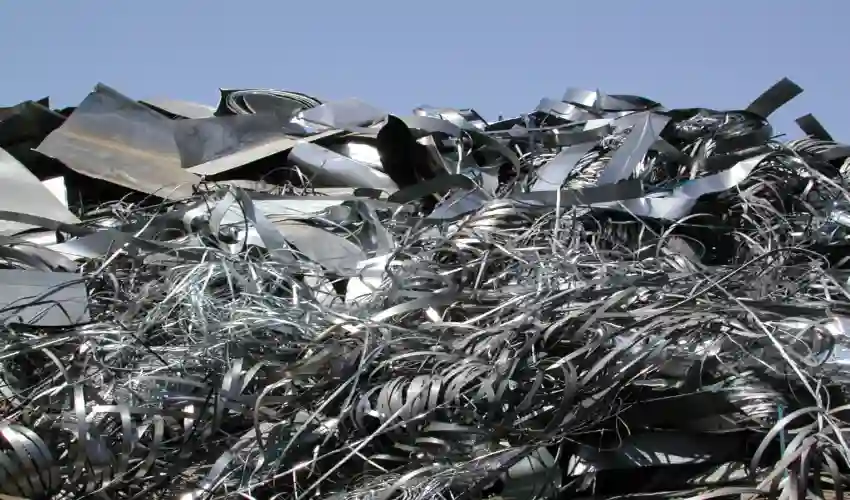Recycling scrap steel is a crucial practice that benefits the environment, economy, and industry. Steel is one of the most recycled materials in the world due to its ability to be repurposed without losing quality. Here are five key benefits of recycling scrap steel:
- Environmental Conservation
Recycling scrap steel significantly reduces the need for new steel production, which in turn decreases carbon emissions and energy consumption. Steel production from raw materials requires extensive mining and processing, leading to deforestation, habitat destruction, and pollution. By recycling steel, we help preserve natural resources and protect the environment from excessive industrial waste.
- Energy Savings
Producing steel from recycled scrap consumes significantly less energy compared to manufacturing new steel from iron ore. Studies indicate that recycling steel saves about 60-74% of the energy required for primary steel production. This energy conservation helps lower electricity demand and reduces reliance on fossil fuels, ultimately mitigating climate change.
- Economic Benefits
The recycling industry creates jobs and stimulates economic growth. Collecting, processing, and reselling Scrap Steel For Sale provides employment opportunities in recycling facilities, transportation, and manufacturing sectors. Additionally, recycled steel is often more cost-effective than newly manufactured steel, helping industries save on production costs and maintain competitive pricing.
- Waste Reduction
Scrap steel recycling reduces the volume of waste in landfills. Metal waste can take decades or even centuries to decompose, contributing to environmental pollution. By recycling steel, we minimize landfill overflows, prevent soil contamination, and decrease the need for new waste disposal sites, promoting a cleaner and healthier environment.
- Sustainable Industry Practices
Steel is 100% recyclable, meaning it can be reused indefinitely without degrading in quality. This makes it an essential component of sustainable manufacturing. Companies that prioritize steel recycling contribute to a circular economy, where materials are continuously repurposed, reducing dependency on virgin resources and fostering a greener future.
Conclusion
Recycling scrap steel is an efficient and responsible practice that benefits the planet, conserves energy, supports economic growth, reduces waste, and ensures sustainable industrial development. By prioritizing recycling, industries and individuals alike can contribute to a more eco-friendly and resource-efficient future.
